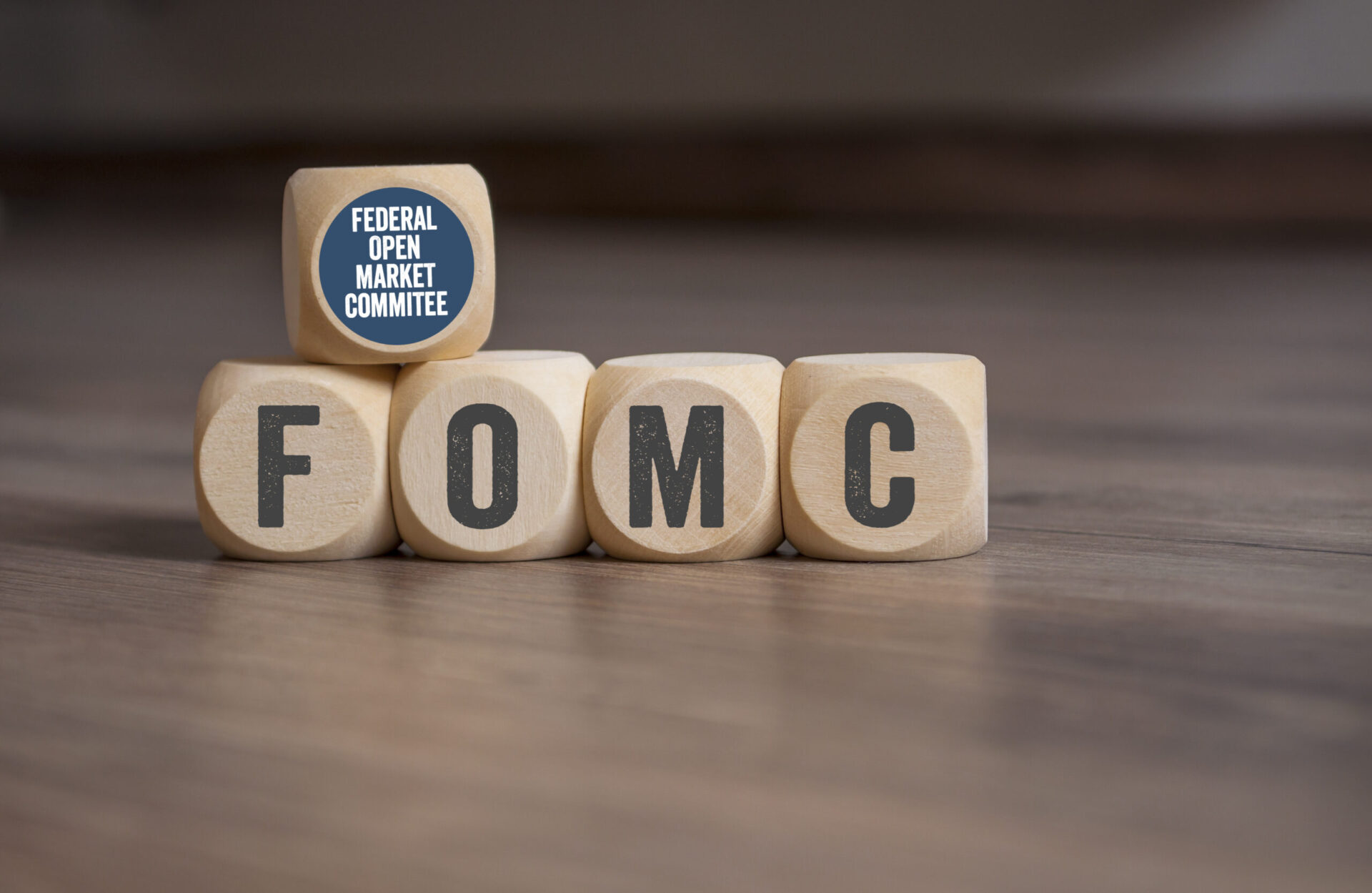The Federal Reserve raised interest rates for the first time since 2018 on Wednesday in an effort to combat rising inflation, and economists have mixed feelings about its impact on the housing market.
The Consumer Price Index rose 0.8% in February, up 7.9% over the last year, to its highest rate in 40 years. As Americans spend more on less, the impact is becoming apparent. Retail sales rose 0.3% in February, a slowdown in the pace of spending that suggested inflation was taking its toll on American consumers.
But while rising prices for gas and groceries may burden American households, it’s things like health insurance and housing that are the “silent killers,” according to Justin Wolfers, University of Michigan professor of public policy and economics and Brookings nonresident senior fellow.
“This is going to be something that’s going to weigh on the CPI, and not just this year but over the next few years,” he said.
Now that the Fed has confirmed a rate hike of a quarter of a percentage point, some analysts don’t expect much to change in the short term.
“The impact of a single quarter-point interest rate hike is inconsequential on the household budget,” Greg McBride, chief financial analyst for Bankrate.com, told PBS. “But there is a cumulative effect that can be quite significant, both on the household budget as well as the broader economy.”
But for the housing market, the impact on mortgage interest rates is expected to be felt immediately.
“Even though much of this is anticipated, when short-term rates rise, there’s going to be a bump in mortgage rates and a bump in the cost of capital — and that will happen immediately,” Jeffrey Bergstrand, an economics and finance professor at the University of Notre Dame and former economist for the Federal Reserve Bank of Boston, told the Washington Post.
“Some families just won’t be able to afford those higher monthly payments on a new house or a new car. That will reduce the demand for those things and have a slowing effect on the economy.”
Rising interest rates should help with the affordable housing crisis by reducing demand and therefore moderating home price growth.
“Increasing mortgage rates alongside continued price growth results in reduced affordability, and that might cause house prices to moderate a little bit,” Odeta Kushi, chief economist at First American Financial Corporation, told Bankrate.
“The people struggling are the first-time homebuyers, who are trying to buy a home in an environment of historically high prices, potentially rising mortgage rates, and very limited inventory.”
But Erin Lantz, vice president of mortgages at Zillow, noted that increases might not lead to less demand.
“While those looking to buy a home are understandably concerned about the path of rates ahead, it’s important to remember that borrowing costs remain exceptionally low by historical standards,” she told CNBC.
“Rising rates may impact the location or size of the home they hope to purchase, but buyers that are fully committed to buying a home are unlikely to be swayed by the FOMC’s decision to raise rates.”
